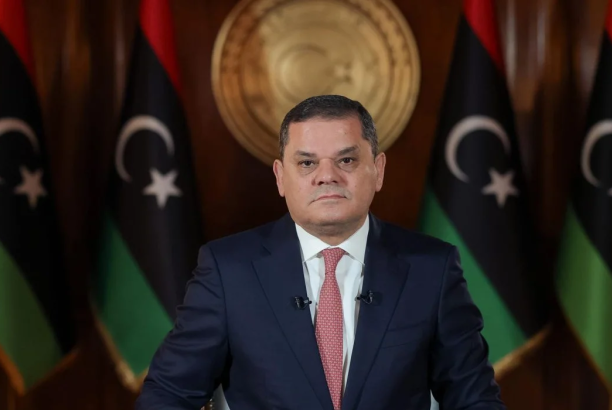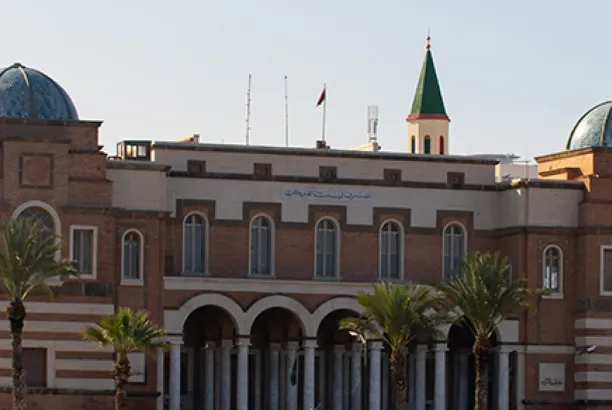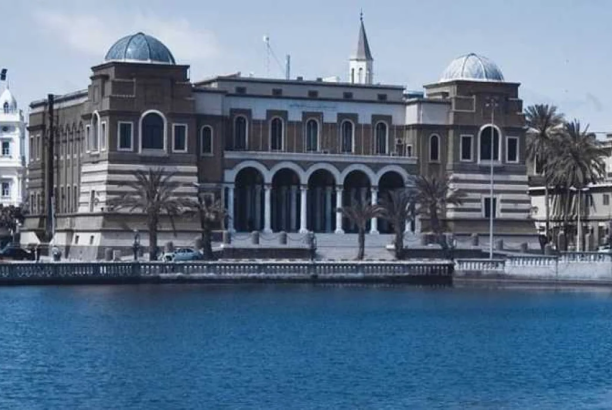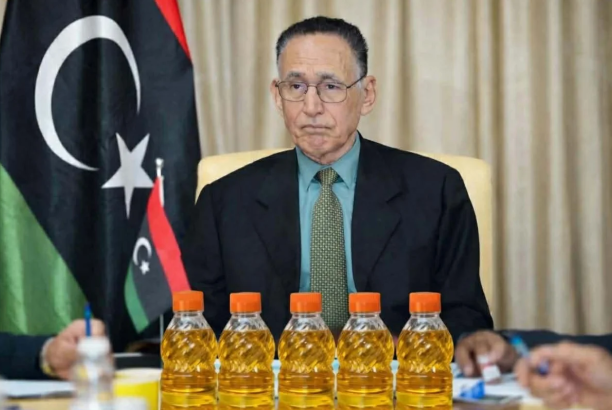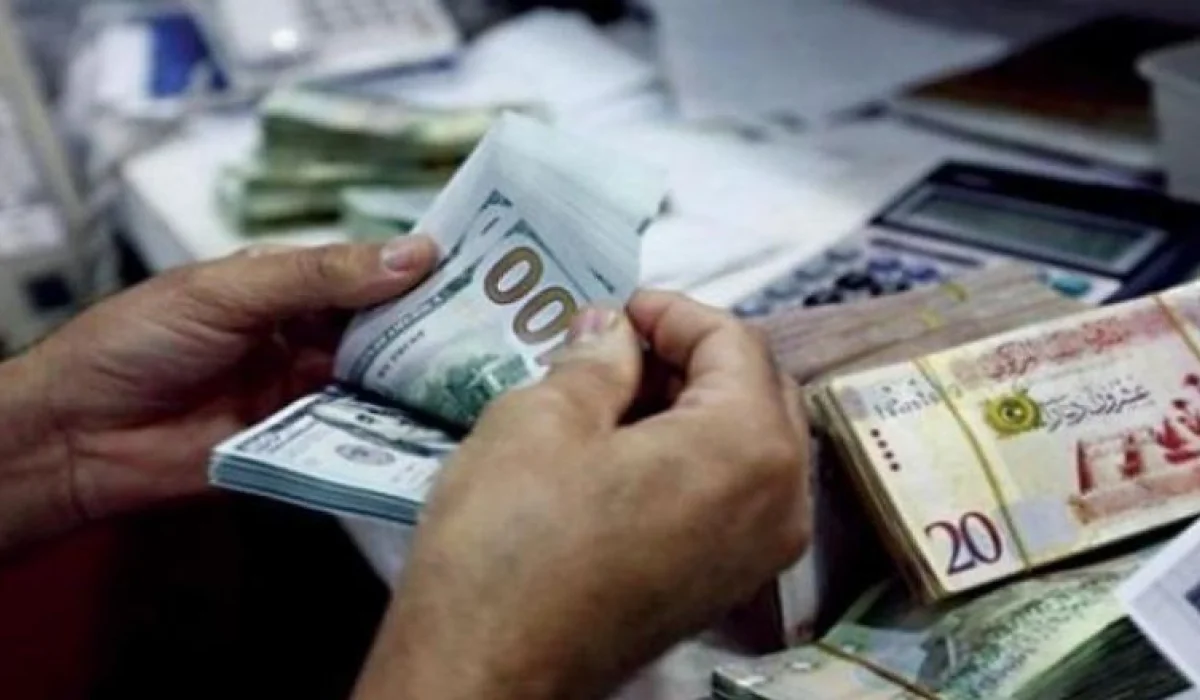
| News
Exclusive.. Al-Sanussi: “Organizing Exchange Offices is an Excellent Decision, Though Delayed, But Procedures Shouldn’t Be Complicated”
Economic expert, Mohamed Al-Sanussi, stated in an interview with our source that the decision to grant licenses to a group of exchange offices is an excellent one, despite being delayed by at least ten years. The regulation of exchange office operations should have occurred as early as 2013, as the number of exchange offices and currency transfers has significantly increased since that year.
He continued: “Regulating and monitoring the operations of exchange offices will certainly lead to many positive outcomes on one hand, and will also eliminate several negatives, but with certain conditions.
First: State institutions should not rush to close exchange offices that have not obtained a license. I expect that those offices will be shut down, but they should be given a grace period to obtain a license, at least until the end of the year.
Second: Obstacles and difficulties should not be placed in the way of exchange offices that have obtained a license. They should not be forced to operate inefficiently as we see in banks due to complications and bureaucracy. The regulation of exchange offices should be flexible, and the excuse of combating money laundering and terrorism financing should not be used to hinder the offices’ ability to operate effectively as before. I expect exchange offices to be required to submit numerous documents for every transaction, which will undoubtedly restrain their operations, making unlicensed offices the better option.
Third: There should be greater transparency from the Central Bank, clearly outlining all procedures, laws, and requirements that licensed exchange offices will operate under, as well as the benefits that a licensed office will receive. This will encourage other offices to apply for a license.”
He concluded by saying: “The main goal the Central Bank should focus on now is eliminating the gap between the official rate and the black market rate. This would reduce the demand from speculators who buy goods or apply for letters of credit not out of necessity for foreign currency, but simply to sell it at a higher price in the parallel market.
We also hope that the Central Bank strengthens its media role and fulfills the promises made by this administration, many of which have yet to be implemented.”


